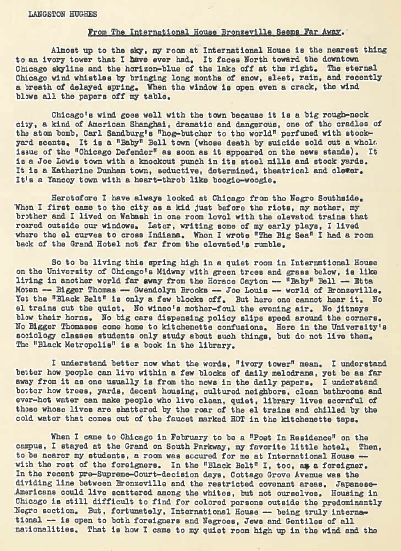UChicago alum Carter G. Woodson laid the groundwork for what would become Black History Month more than a century ago. A trained historian, he witnessed how Black people were often ignored in the books and teachings that formed the study of U.S. history. In 1915, he and Jesse E. Moorland founded the Association for the Study of Negro Life and History, which promoted studying black history as a discipline and celebrated the accomplishments of African Americans. Since then, Black History Month has become an annual celebration of achievements by African Americans and a time for recognizing their central role in U.S. history.
The International House mission to promote peace through cross-cultural understanding grew out of the aftermath of World War I, when countries started to look inward. Since the dedication of International House of Chicago on October 3, 1932, our mission has never changed, and our community remains committed to this important work. As globalization brings new opportunities and complexities, our work to prepare leaders for the global community resonates today with renewed urgency. We remain dedicated to our founding principles and to creating an inclusive environment where all individuals are empowered to fully participate in the exchange of ideas and perspectives.
It is for these reasons, we have chosen the theme for our 90th anniversary celebration—Welcoming the world. Championing diversity.
As we celebrate this important milestone, we recommit ourselves to work tirelessly to uphold these ideals—through globally focused public programs on campus and around the world, community outreach and engagement activities designed to foster diversity of thought and experience, and as active members of the International Houses Worldwide Network. In this month, and throughout the year, it is our commitment to acknowledge the many contributions of African Americans to the University and our country.
Notable African-American Alum at I-House
Nathan Hare
Nathan Hare (born April 9, 1933) is an American sociologist, activist, academic, and psychologist. He lived at the International House from 1954 to 1955, and obtained an MA (1957) and PhD in Sociology (1962) from the University of Chicago. In November 1969 Hare and Robert Chrisman co-founded the journal, The Black Scholar: A Journal of Black Studies and Research), of which Nathan Hare was founding publisher from 1969-75. The journal was dubbed “the most important journal devoted to black issues since the Crisis” by the New York Times.




Warren Elliot Henry
Warren Elliot Henry (February 18, 1909 – October 31, 2001) was an American physicist, a Fellow of the American Physical Society, and the American Association for the Advancement of Science for his work in the fields of magnetism and superconductivity. Henry lived at the International House from 1938 to 1941. In 1941, he received a PhD in Physical Chemistry and Physics from the University of Chicago in 1941 as the only Black person to receive the degree in his cohort of five candidates. He developed video amplifiers used in portable radar systems on warships in World War II, and his demonstration of the proof of non-interacting paramagnetic ions is used in several physics texts.
James Mercer Langston Hughes
James Mercer Langston Hughes (February 1, 1901– May 22, 1967) was an American poet, social activist, novelist, playwright, and columnist from Joplin, Missouri. One of the earliest innovators of the literary art form called jazz poetry, Hughes is best known as a leader of the Harlem Renaissance. Hughes lived at the International House in 1949 while he taught at the University of Chicago Laboratory Schools. His essay before leaving I-House speaks to the broader Chicago experience, and the power of the International House to bring people from all walks of life to “be together and get acquainted in a friendly fashion.”
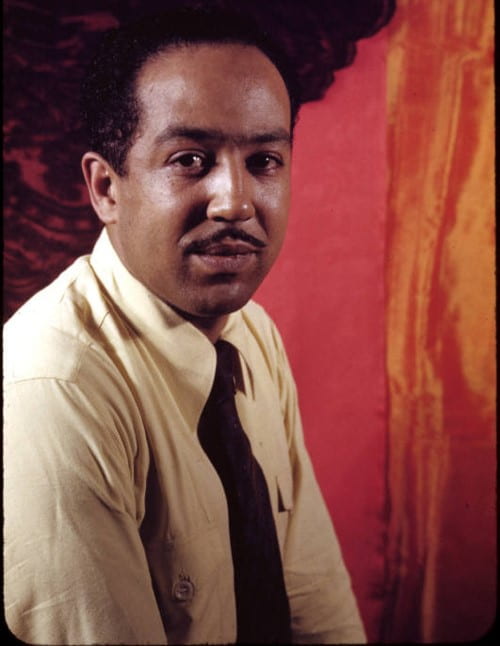
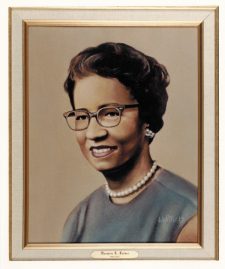

Marjorie Holloman Parker
Marjorie Holloman Parker (1916-2006) was chairman of the University of the District of Columbia Board of Trustees and Presidential appointee to City Council in Washington, D.C. She lived at the International House in 1938, after which she started her life-long fight for improved public education. Her 1973 proposal to turn the city’s school board seats from elected ones back into appointed ones was widely condemned, but she argued that the schools needed “the expertise of people not generally chosen in a popular election.” In 1988, she praised President George H.W. Bush, saying, “He’s been supportive of things I believe in — education in particular.”
Roderick Wellington Pugh
Roderick Wellington Pugh (June 1, 1919 – November 13, 2010) was an American clinical psychologist serving as a diplomat for the American Board of Professional Psychologists. Pugh lived at the International House from 1946 to 1949, during which he studied psychology under Dr. Carl Rogers at the University of Chicago and obtained his Ph.D. degree in 1949. Pugh has written extensively on African American issues in psychology and psychotherapy. His articles have been featured in several publications, the majority of them dedicated to African American issues in psychology and psychotherapy. Pugh’s most recognized work is his Psychology and the Black Experience, published in 1972, which was widely used in college classrooms.
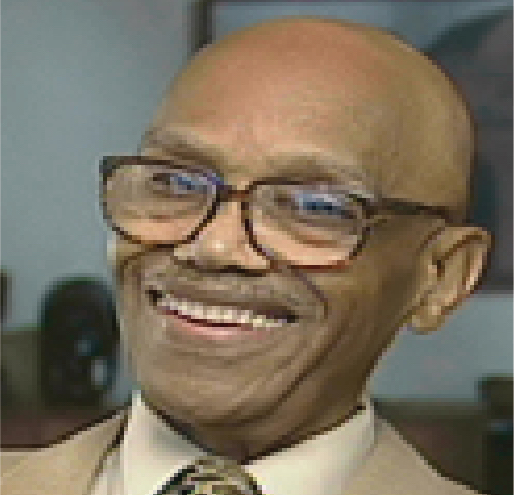

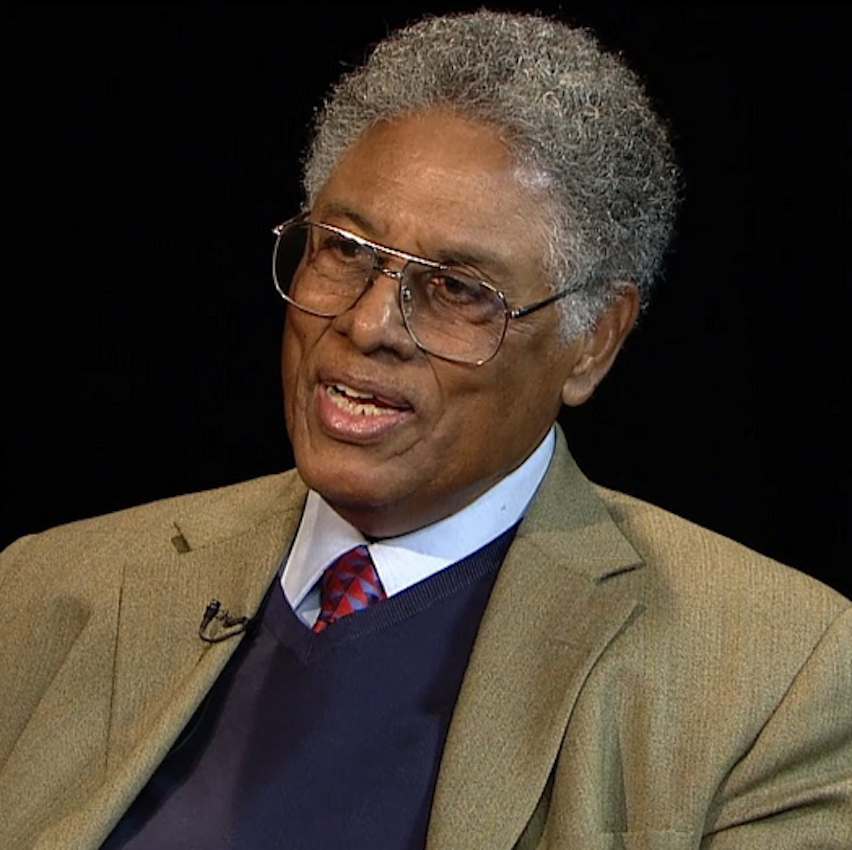
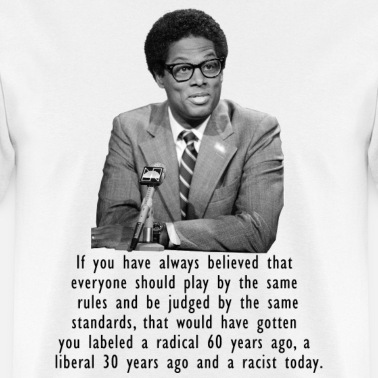
Thomas Sowell
Thomas Sowell (born June 30, 1930) is an American author, economist, and political commentator who is a senior fellow at the Hoover Institution. With widely published commentary and books—and as a guest on TV and radio—he became a well-known voice in the American conservative movement and is considered one of the most influential black conservatives. Sowell lived at the International House in 1959 and earned PhD in economics from the University of Chicago in 1968. He was a recipient of the National Humanities Medal from President George W. Bush in 2002.
Programs at I-House and around the University
The Power of Black Mayors in American Cities
For the first time ever, the four largest cities in the United States are led by Black mayors, as are scores of other smaller municipalities across the country. How did we get here? What is the significance of this moment? And how has this network of mayors worked together to mentor one another and other Black leaders on the rise to make this moment more than a temporary trend.
Featuring Washington D.C. Mayor Muriel Bowser, New Orleans Mayor LaToya Cantrell and former Shreveport Mayor Adrian Perkins. Moderated by former IOP Pritzker Fellow and former Atlanta Mayor Keisha Lance Bottoms.
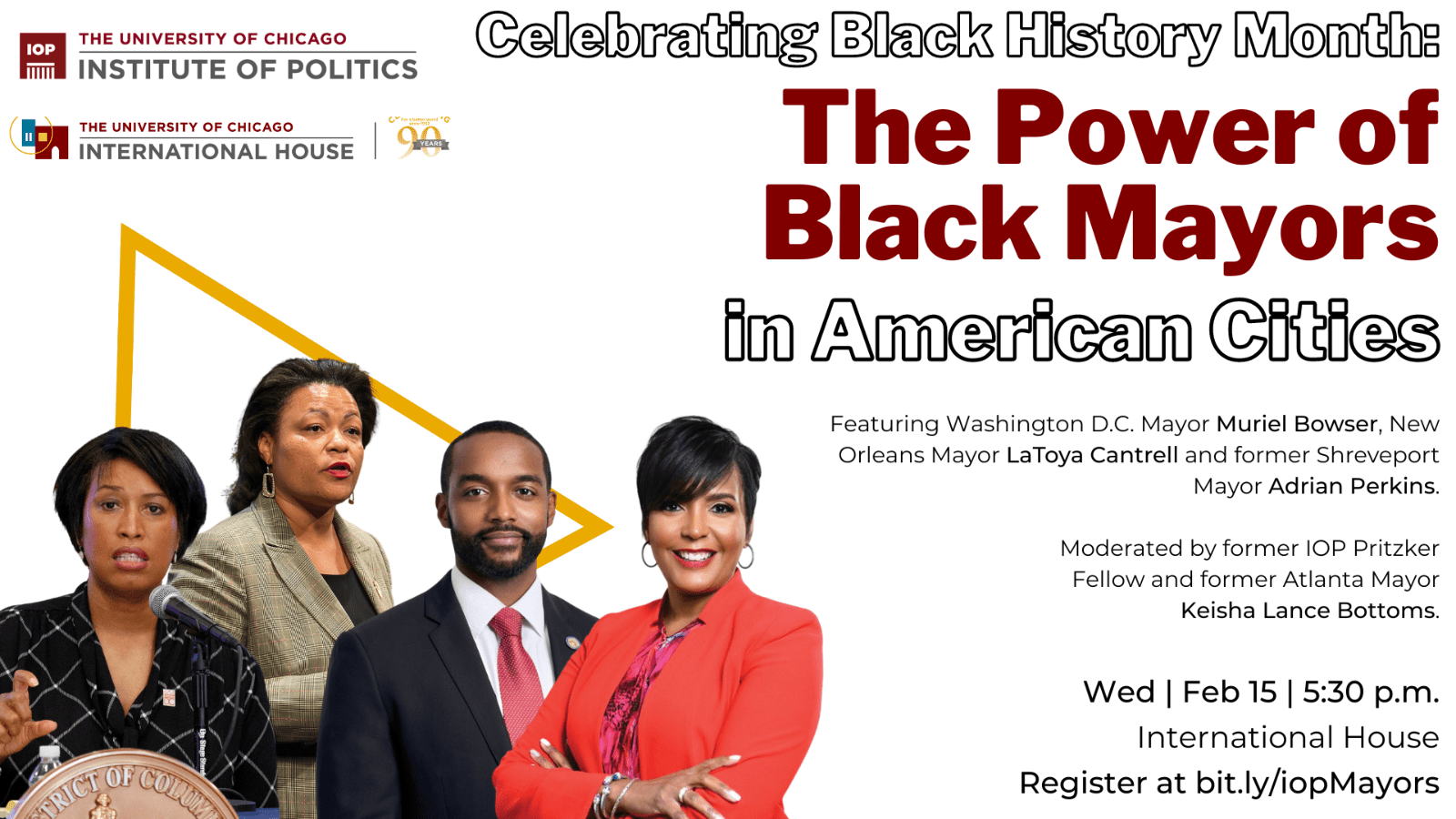

The 38th Annual DuSable Conference
Started in 1985, the DuSable Conference is one of the longest-running conferences led by students at the University of Chicago Booth School of Business.
This year’s conference, “Black Ingenuity: Lifting Our Community as We Climb,” will provide a platform for the African American community to glean insights from people who have had a profound impact in business and service nationally and globally. Register here.
Fireside chat with John W. Rogers Jr.
The Harris School of Public Policy will welcome John W. Rogers Jr., Lab’76, founder of Ariel Investments and a UChicago Trustee, for a fireside chat.
Prof. Katherine Baicker, the dean of Harris, will lead the conversation, which will highlight the themes of patience and resilience that Rogers attributes to his success—not only as an investor, but also as a public servant. Rogers and Baicker will look to the ways that values-based investing impacts the public sphere and makes way for more successful, equitable communities. Register here.

